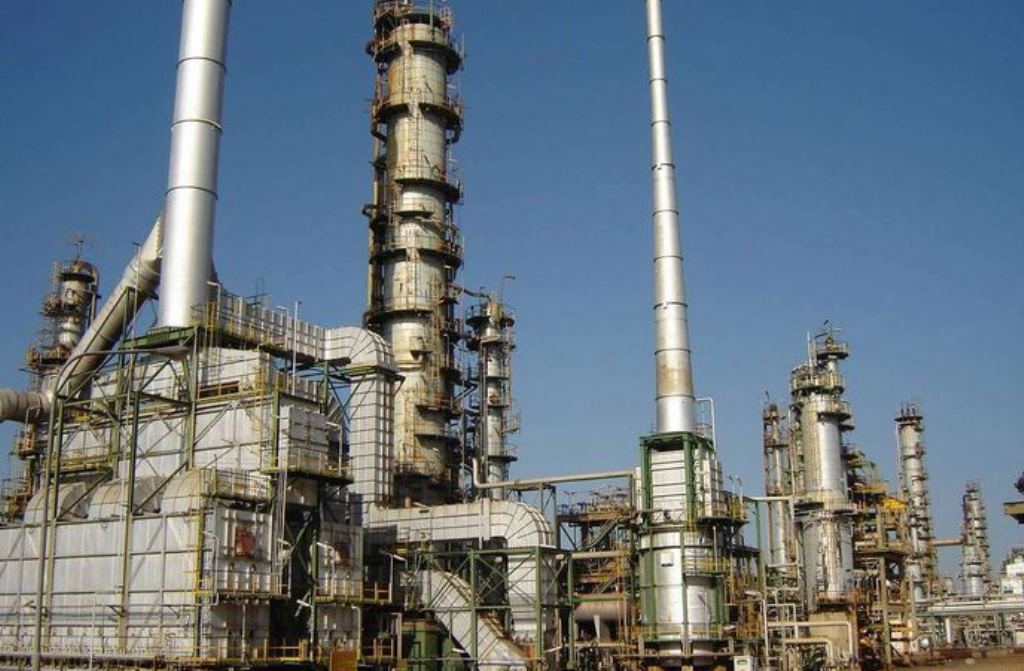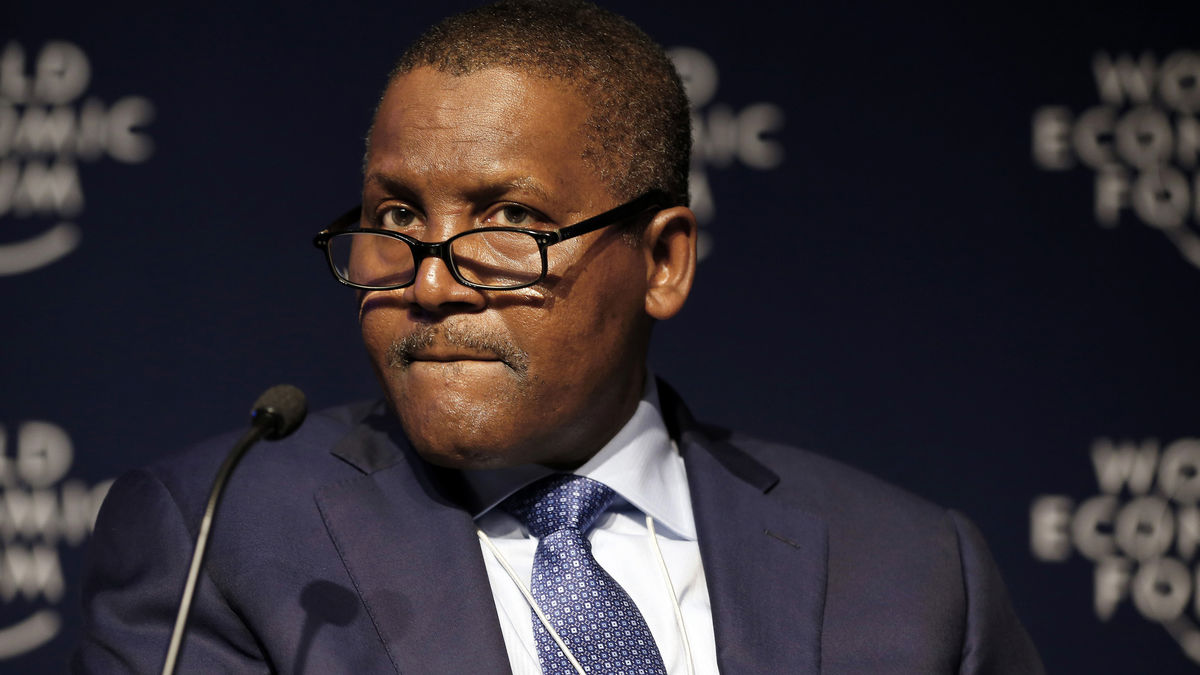The Federal Government is making progress on the establishment of modular refineries with the arrival of one set of package shipment already in the country and undergoing Customs clearance.
The Niger Delta Inter-Ministerial Committee, chaired by Vice President Yemi Osinbajo, informed members at its presentation meeting in Abuja that the refinery would be installed in Delta.
A statement by the Senior Special Assistant on Media and Publicity to the Vice President on Saturday indicated that another set of refinery equipment would arrive the country in April and would be installed in Rivers.
The operation of the modular refineries would include the involvement of communities where they are located.
Osinbajo said this would ensure that communities benefit directly from the refineries which would help create jobs and engage youths in the region.
NAN recalls that in December 2017, the Inter-Ministerial Committee received a report that 38 licensed privately-financed greenfield and mini-modular refineries’ investors had so far indicated interests in the establishment of refineries in the region.
At that event, no fewer than 10 of the licensed investors were at an advanced stage of development.
Also, the NDDC reported at the meeting its progress in the implementation of its projects in the region.
It stated that in 2017, a total of 372 projects covering roads, bridges, electricity, water, amongst others, were completed by the commission.
The development projects include the 25.7 km Nembe-Ogbia road, which would be inaugurated soon; the construction of Otueke Internal roads in Ogbia LGA, Bayelsa; Kira Dere Mogho road and Bridge in Gokana LGA, Rivers.
It also includes the construction of Iselu-Okaigben-Idung-Boko-Onicha Ugbo road, in Edo/Delta States; the Orie Ukwu Amaoji market road, Isiala Ngwa North LGA, Abia State and the Ashikem-Ufono-Betwaswan road in Obudu, Cross River.
The Commission is also working with all related parties, including AMCON, to ensure the establishment of 6,000 barrels per day Amakpe modular refinery to be installed in Eket, Akwa Ibom State.
The NDDC said it had established Job Placement centres expected to engage about 208,000 youths in the Niger Delta.
To help reduce unemployment and youth restiveness in the region, the NDDC centres would match existing vacancies with available skills within the region.
On the progress of Ogoni clean-up, the Hydrocarbon Pollution Remediation Project (HYPREP) under the Ministry of Environment, is set to commence the procurement process for contracting experts for the remediation and clean-up of impacted sites.
This process is open to competent national and international companies involved in environment, water and livelihood projects.
The final draft of the Strategic Implementation Work Plan (SIWP), which provides a framework for the development of the Niger Delta, was also submitted to the committee.
Meamwhile, the Nigerian Maritime University, Okerenkoko, Delta, is set to admit students into the institution for the 2017/2018 academic year, and start lectures in April.
A total of 196 students have so far been accepted into the University while 76 applications were pending.
President Muhammadu Buhari had approved an increase in the take-off grant allocated to the University from the N2 billion earlier announced to N5 billion
This sum was included in the 2018 budget presented to the National Assembly in November 2017.
Similarly, an additional N1 billion was approved by the President to support essential infrastructure works and staff recruitment in the University in November 2017.
The Delta State Government has also donated two 500KVA generators to the University.
The Maritime University was granted approval in January by the National Universities Commission (NUC) to commence undergraduate degree programmes in three faculties namely: Transport, Engineering and Environmental Management, beginning with 13 departments from the 2017/2018 academic session.
In attendance at the meeting were the Minister of Niger Delta Affairs, Usani Uguru Usani; Minister of State for Environment, Ibrahim Jubril; and the Managing Director/Chief Executive Officer, Niger Delta Development Commission (NDDC), Mr. Nsima Ekere.
Also in attendance were the Director-General, Nigeria Maritime Agency (NIMASA), Dr Dakuku Peterside; and the Special Adviser to the President on the Presidential Amnesty Programme, Brig.-Gen. Paul Boroh (rtd).
Others include the Executive Secretary of NUC, Prof. Adamu A. Rasheed; the Vice-Chancellor of the Maritime University, Prof. Mrs. Ongoebi Etebu; and representatives of other relevant MDAs.

